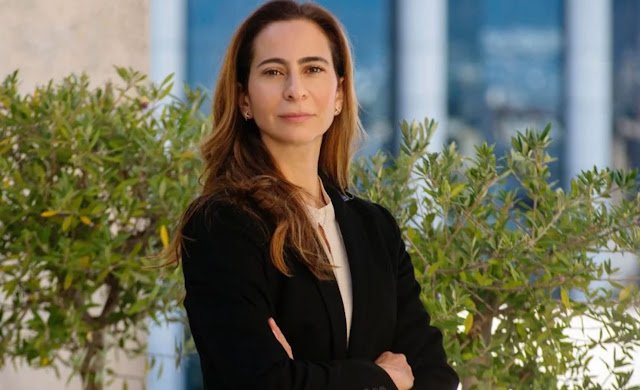| Philippos Philis, President, European Community Shipowners’ Association |
The global economy is going through a challenging period after the COVID-19 pandemic and the ongoing war in Ukraine and the associated sanctions imposed on Russia.
Stable access to ship financing, maintaining the EU’s free trade agenda, digitalisation, and maritime safety will remain important challenges in the new year. Fostering the production and the use of lower-, and eventually, zero-emission fuels is and will be a great challenge.
The shipping sector already addresses environmental challenges, such as the climate crisis, and actively contributes to designing the energy transition of the sector.
Meanwhile, based on the Initial IMO Strategy on Reduction of GHG Emissions, as of the 1st of January 2023, all ships shall calculate their attained Energy Efficiency Existing Ship Index (EEXI) and make all necessary retrofits to meet the EEDI Phase 2 requirements. The regulation, which provides for the mandatory collection of data for the reporting of their annual Carbon Intensity Indicator (CII) as an Annual Emissions Ratio (AER), is already criticised as not being the most appropriate way to report on DWT-miles instead of tonne-miles.
Stable access to ship financing, maintaining the EU’s free trade agenda, digitalisation, and maritime safety will remain important challenges in the new year. In 2023, the EU will wrap up the new ‘Fit for 55’ climate package, while the IMO is stepping up to the plate. Maintaining a regulatory level playing field between EU and international regulations will be key for safeguarding the competitiveness of European shipping.
Fostering the production and the use of lower-, and eventually, zero-emission fuels is and will be a great challenge. It requires the contribution of all actors in the maritime value chain. Importantly, it requires that the fuel producers, suppliers, and ports contribute to the uptake of clean energy sources. However, we expect that the engine manufacturers should provide the new technologies for burning the alternative fuels, tested, and with all operational and safety challenges solved. We need all hands on deck.
The shipping industry has kept global markets connected and has supplied the world with essential goods and passenger transport services. This would not have been possible if too many barriers had been in place and hampered free trade and open markets.
The EU – and all other international players – should not turn to protectionism, but continue on a path of open, rules-based and multilateral trade framework, which was already challenged prior to the pandemic.















